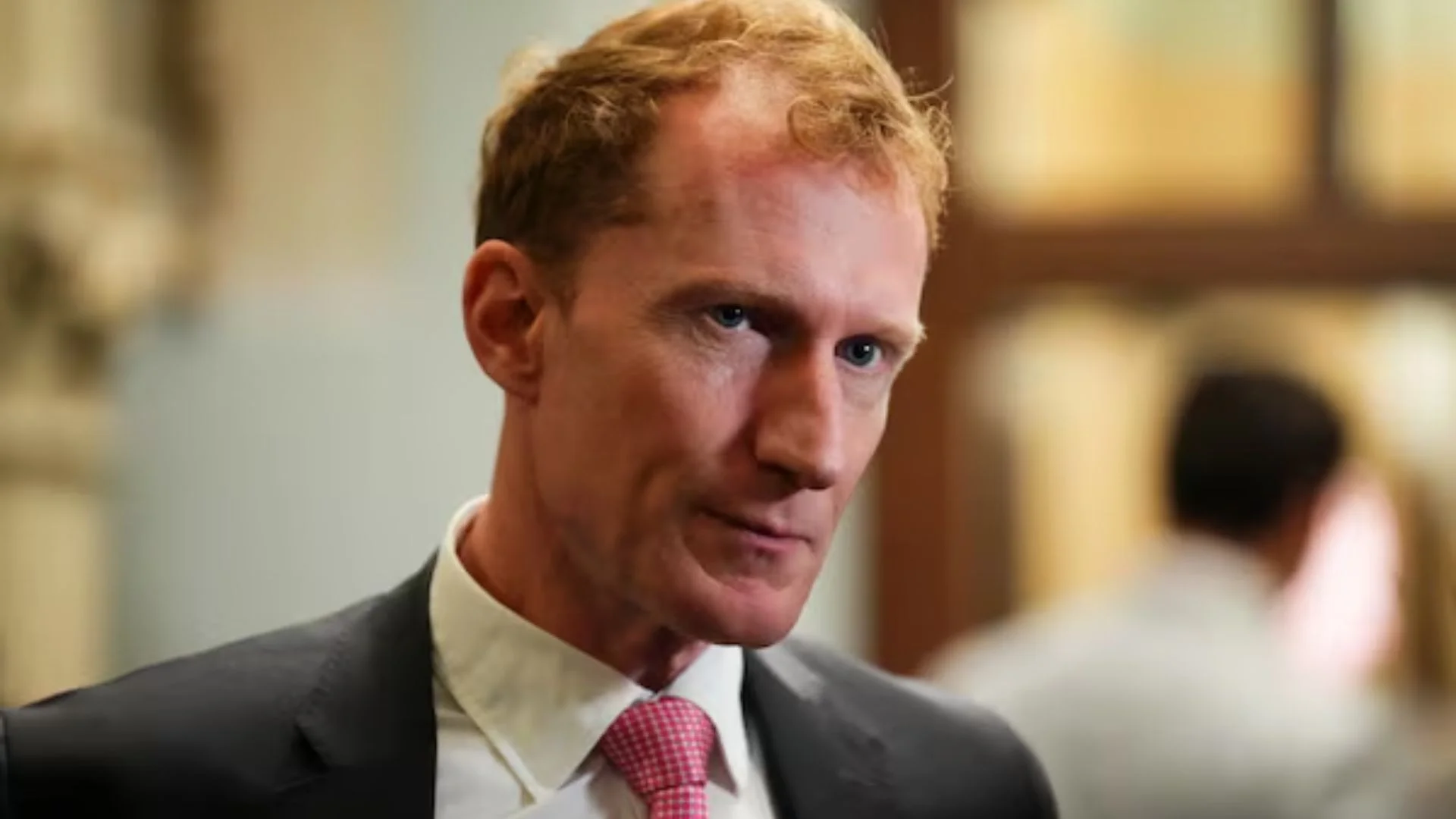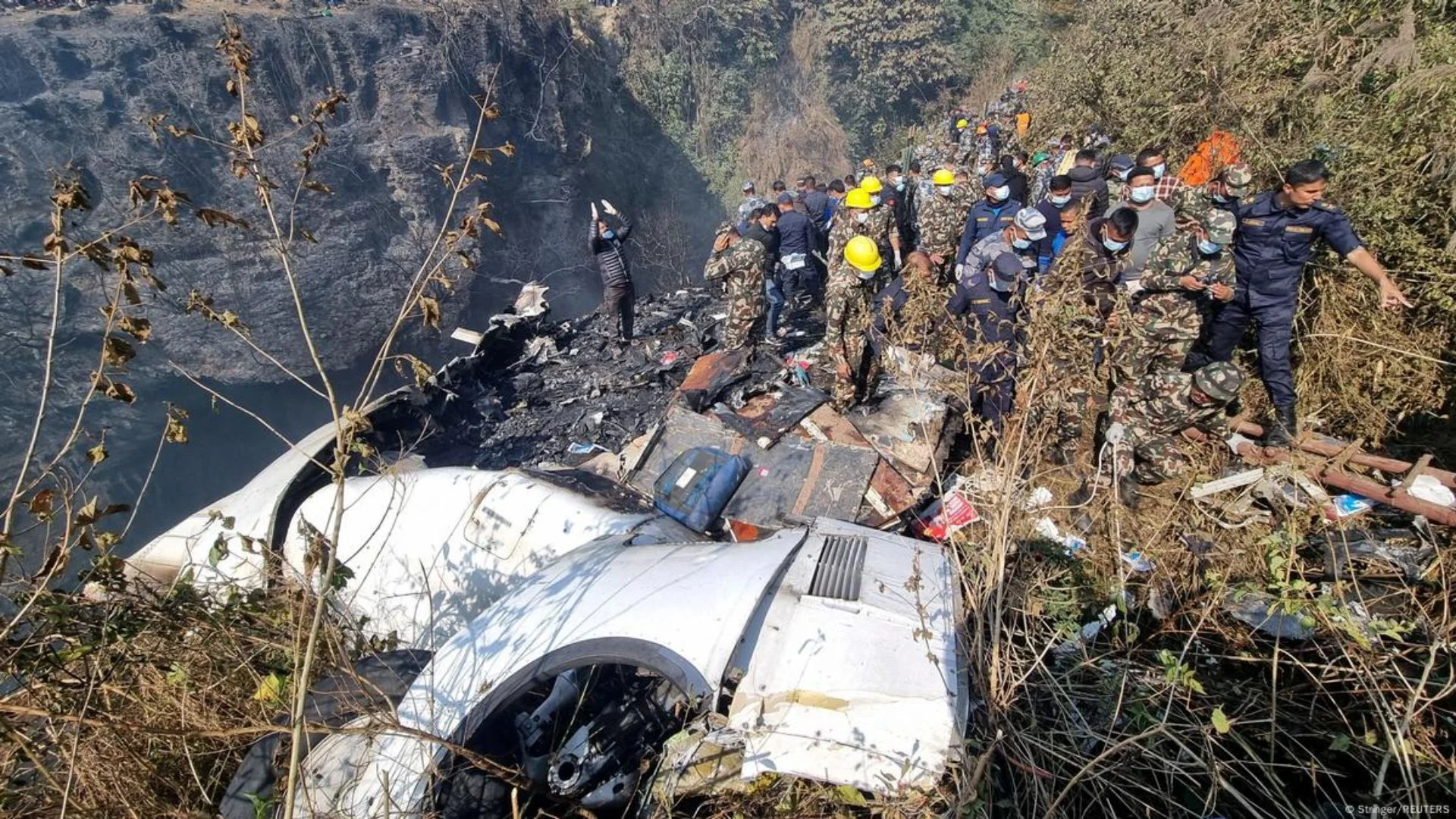Canada’s immigration minister, Marc Miller, has warned that “not everyone is welcome” in the country, signaling a toughening stance on immigration as the nation braces for a potential influx of migrants. This shift comes amid expectations that Donald Trump’s return to the White House will result in mass deportations, potentially driving more undocumented migrants to flee north into Canada.
A Stark Policy Shift
The minister’s remarks, made ahead of the November 29 US presidential election, represent a departure from the more welcoming rhetoric of Prime Minister Justin Trudeau’s 2015 promise that “Canadians will welcome” asylum seekers. Trudeau’s words have now been overshadowed by concerns over border security, as Canada’s government prepares to handle an expected surge of people attempting to cross the US-Canada border if Trump follows through with his deportation plan.
Trump’s incoming administration has vowed to carry out the largest-ever deportation campaign, targeting individuals deemed to be a threat to public safety. Tom Homan, a senior advisor, confirmed that those living illegally in the US will face swift action. As a result, many may try to escape to Canada via unpatrolled areas of the extensive 5,500-mile border.
Border Security Measures
Marc Miller, in an interview with The Globe and Mail, emphasized Canada’s commitment to national security, stating that the country would act in its national interest by securing its borders and ensuring that those arriving do so through regular channels. While acknowledging Canada’s humanitarian responsibilities, Miller’s message indicates that the government will not accept all asylum seekers.
“Not everyone is welcome here,” said Miller. “We are taking a hard look at how to ensure the integrity of our border,” he added, referencing ongoing plans by federal police to manage potential crossings. Deputy Prime Minister Chrystia Freeland echoed these concerns, asserting that Canada must control who enters the country.
Criticism of Refugee Policies
Migration experts have criticized the government’s hardline stance, especially given Canada’s historical commitment to accepting those fleeing persecution. Audrey Macklin, a law professor at the University of Toronto, called the approach “disappointing” and argued that it reflects an abdication of Canada’s moral and legal obligations under the 1951 Refugee Convention.
Macklin criticized the Safe Third Country Agreement (STCA) between Canada and the US, which prevents asylum seekers from applying for refugee status at ports of entry if they have been in the US The STCA has made it more difficult for people to seek refuge in Canada and, according to Macklin, has led many to take dangerous routes with the help of smugglers.
The Role of Smugglers and the Dangerous Journey North
The recent changes to the STCA are exacerbating the risks faced by asylum seekers, who now must remain in Canada for 14 days undetected before they can apply for refugee protection. This system has effectively created a market for human smugglers, Macklin argued, with migrants paying traffickers to help them navigate the dangerous journey across the border.
“If anyone actually cared about the safety of asylum seekers, they wouldn’t force them into a situation where they are at the mercy of smugglers or traffickers,” said Macklin. “The policy is designed to inflict harm,” she added, calling on Canada to revisit the agreement to prevent more people from facing dangerous conditions.
What’s Next for Canada’s Immigration Policy?
As the Canadian government braces for potential changes to its refugee policies, the debate over the country’s responsibilities to asylum seekers is intensifying. While Miller’s remarks signal a shift toward greater border enforcement, migration advocates warn that this approach may violate international humanitarian obligations.
With a vote in the US looming and Canadian immigration policies under scrutiny, the situation on the border is expected to remain a contentious issue in the months ahead.







